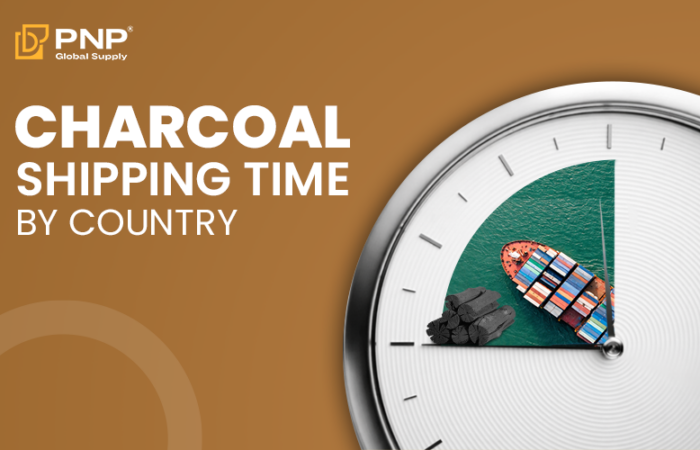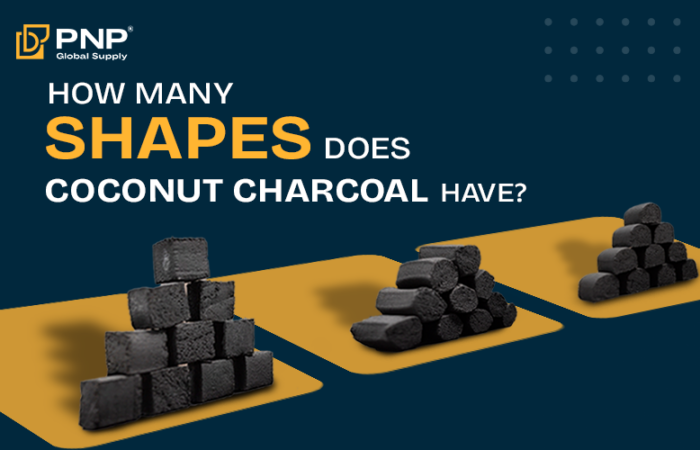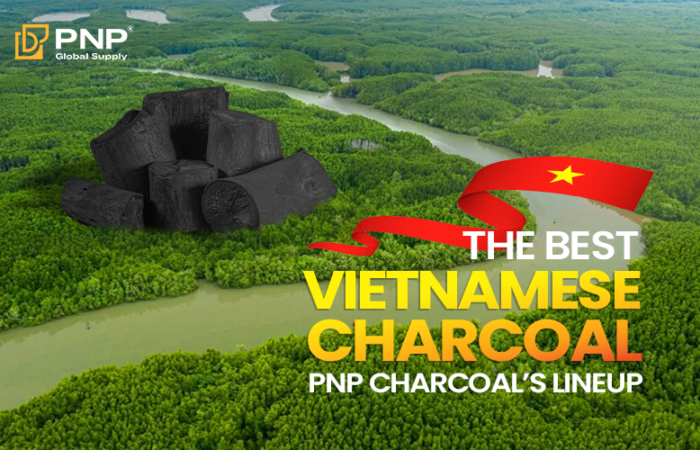The global demand for charcoal for export has been steadily increasing, especially in the Middle East market. As a region with a rich culture of grilling and traditional cooking, the Middle East heavily relies on high-quality charcoal as a fuel source. This article explores the key factors that make the Middle East an important destination for charcoal export and highlights the essential standards and practices for exporters aiming to succeed in this competitive market.
Why the Middle East is a Key Market for Charcoal Export
The Middle East has a significant demand for charcoal, driven by the popularity of barbecue (BBQ) culture, hospitality industries, and domestic use. Consumers prefer natural and eco-friendly fuel options, which has increased the preference for wood charcoal export from reliable suppliers worldwide. For charcoal exporters, the Middle East offers lucrative opportunities thanks to its growing population and expanding culinary traditions.
Moreover, the region’s warm climate and outdoor lifestyle make charcoal grilling a popular pastime, boosting the continuous need for quality charcoal products such as bulk lump charcoal and bulk charcoal briquettes.
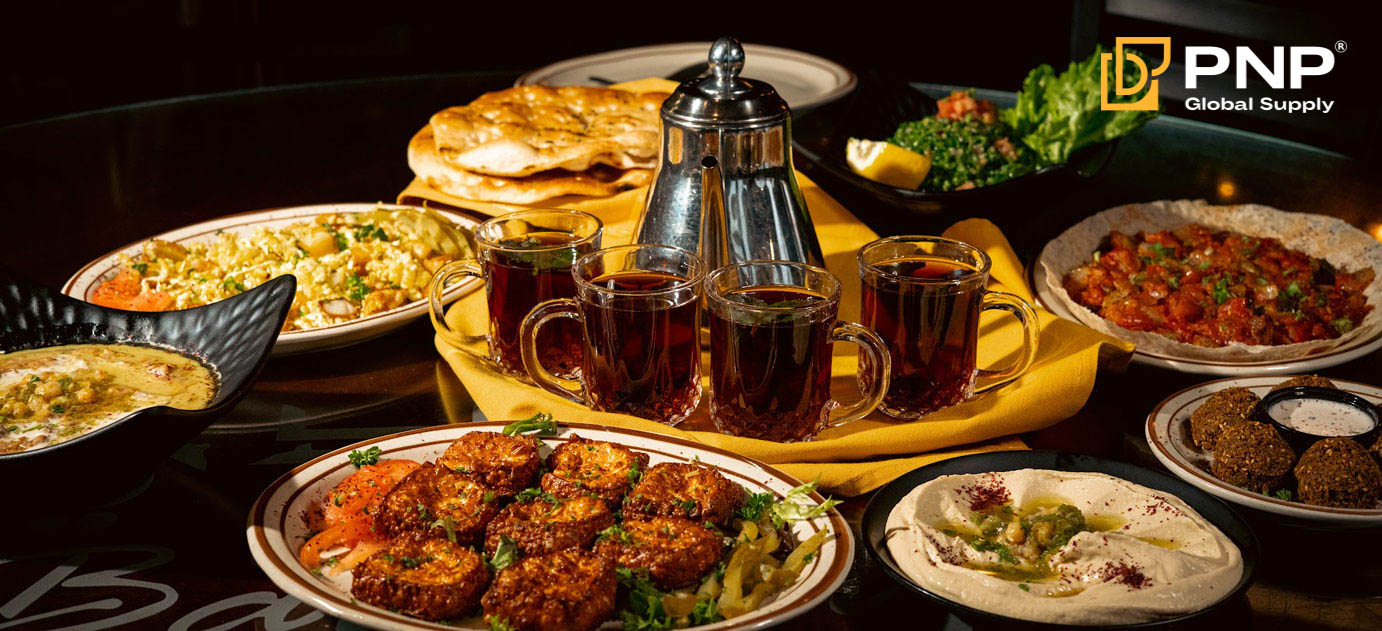
Types of Charcoal Suitable for Export to the Middle East
Understanding the types of charcoal demanded by the Middle East market is critical for exporters. Among the most sought-after products are:
- Bulk lump charcoal: This form offers high calorific value and minimal ash content, making it ideal for commercial and home use alike. Its natural form also makes it popular for premium BBQ settings.
- Bulk charcoal briquettes: Briquettes provide uniform heat and longer burn times, which appeals to restaurants and large-scale users who require consistent quality and ease of handling.
Exporters that can supply these charcoal types in bulk quantities attract larger buyers and build long-term partnerships in the region.
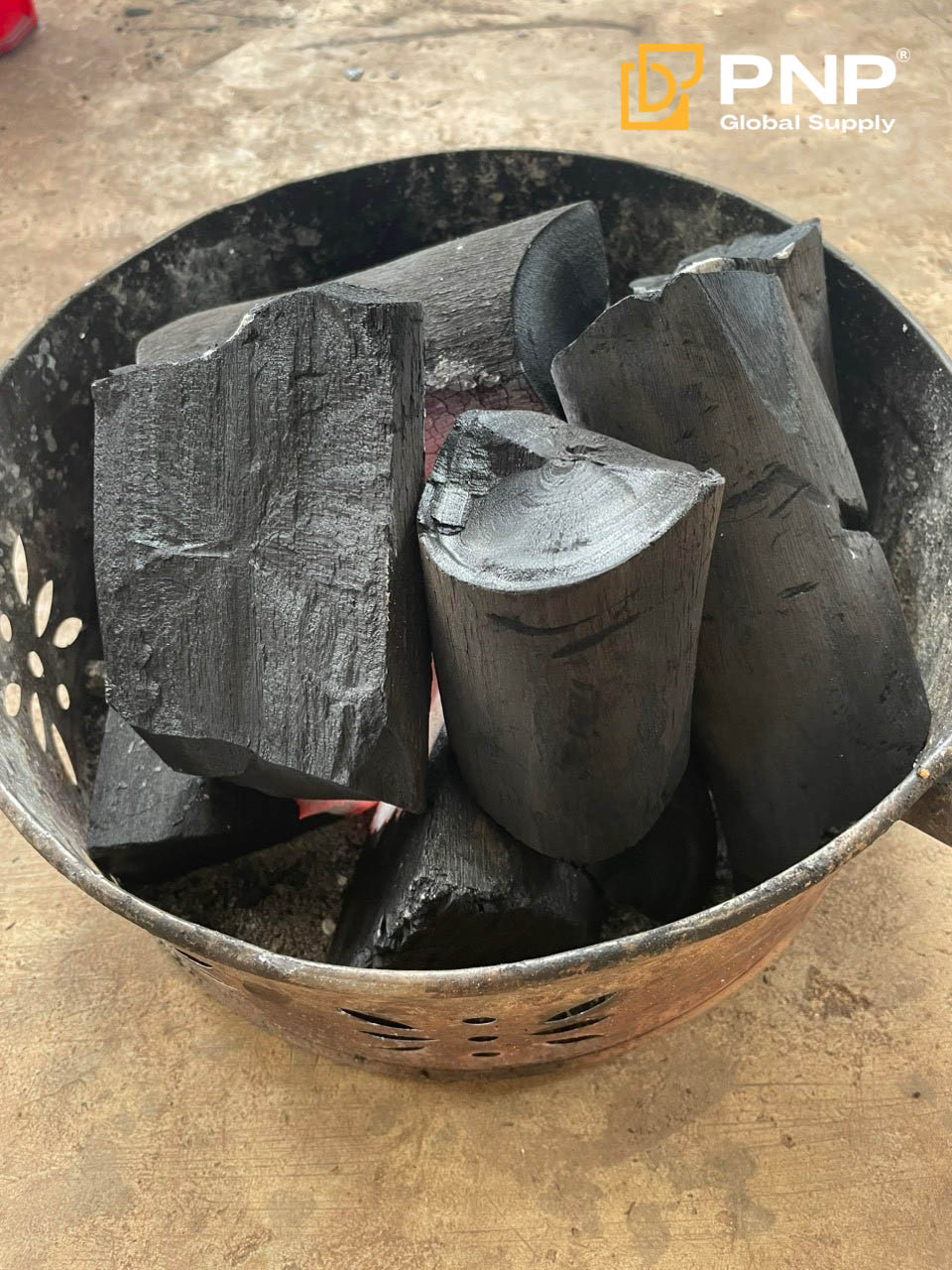
Quality Standards and Requirements for Charcoal Export
To succeed in the Middle East market, charcoal must meet strict and measurable quality standards. Buyers in countries such as the UAE, Saudi Arabia, and Qatar often demand detailed specifications in every shipment. Exported charcoal typically requires:
- Fixed carbon content: Minimum 65% – 75% for lump charcoal, ensuring longer burn time and stronger heat.
- Moisture content: Less than 8% to avoid smoke and maintain combustion efficiency.
- Ash content: Ideally below 5% for lump charcoal and under 10% for briquettes to reduce residue after burning.
- Volatile matter: Should range between 15% – 30%, depending on the type of charcoal and end use.
- Calorific value: Should exceed 6,500 kcal/kg for high-efficiency grilling and industrial use.
Additionally, charcoal for export must comply with safety and environmental regulations of the importing countries. For example, products shipped to the UAE and Saudi Arabia must follow packaging guidelines under HS Code 4402, and may require certificates such as:
- Phytosanitary Certificate
- Certificate of Origin
- SGS or BV Inspection Reports
- Test results verifying heavy metal limits and emissions (for eco-charcoal products)
Obtaining these certifications and adhering to import procedures is essential for professional charcoal exporters. Buyers in the Middle East increasingly prioritize transparency and traceability, often requesting full documentation, lab test reports, and quality assurance proofs before confirming bulk purchases.
PNP Charcoal offers a wide range of high-quality charcoal products with technical specifications that meet strict export standards, complete with all necessary certificates. Visit our website to choose premium charcoal: pnpcharcoal
Packaging and Logistics for Charcoal Export
Proper packaging is crucial to maintain charcoal quality during transit. For charcoal bulk buy orders, exporters use moisture-proof bags or sealed containers that protect the charcoal from humidity and contamination.
Efficient logistics planning, including timely shipping and reliable warehousing at Middle Eastern ports, helps prevent damage and delays. Exporters who offer flexible packaging options and competitive shipping solutions tend to gain a competitive edge in the region.
Learn more about different types of export packaging in the article below: TOP 4 TYPES OF CHARCOAL PACKAGING FOR EXPORT
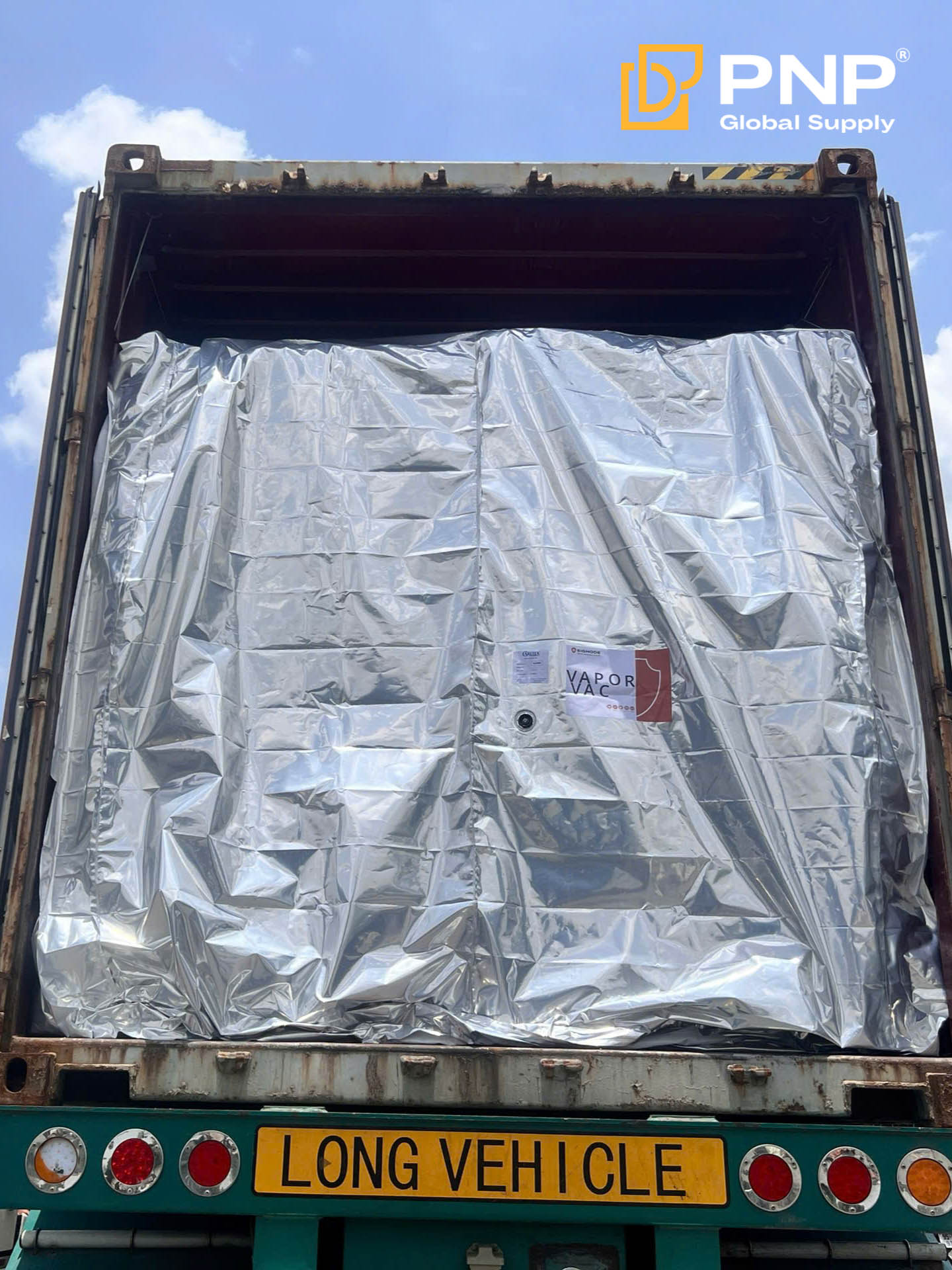
Challenges and Solutions in Charcoal Export to the Middle East
Exporting charcoal to the Middle East presents several challenges:
- Navigating complex customs and import regulations.
- Meeting high standards for product quality and environmental compliance.
- Competing with local producers and other international exporters.
To overcome these, exporters should invest in product innovation, maintain transparent communication with buyers, and continuously improve quality control. Building a strong brand reputation as trustworthy charcoal exporters can unlock more business opportunities.
Conclusion
The Middle East remains a promising market for charcoal for export, fueled by growing demand and cultural affinity for charcoal grilling. By understanding market needs, adhering to quality standards, and optimizing logistics, exporters can successfully tap into this lucrative region.
If you are looking to source premium bulk lump charcoal, wood charcoal export, or bulk charcoal briquettes, partner with experienced charcoal exporters who understand the Middle East market. Contact us today to discuss your bulk charcoal requirements and join the thriving charcoal trade to the Middle East!
________________________________
Contact us for more information
Facebook: PNP Charcoal
Instagram: PNP Charcoal
Email: info@pnpglobalsupply.com

